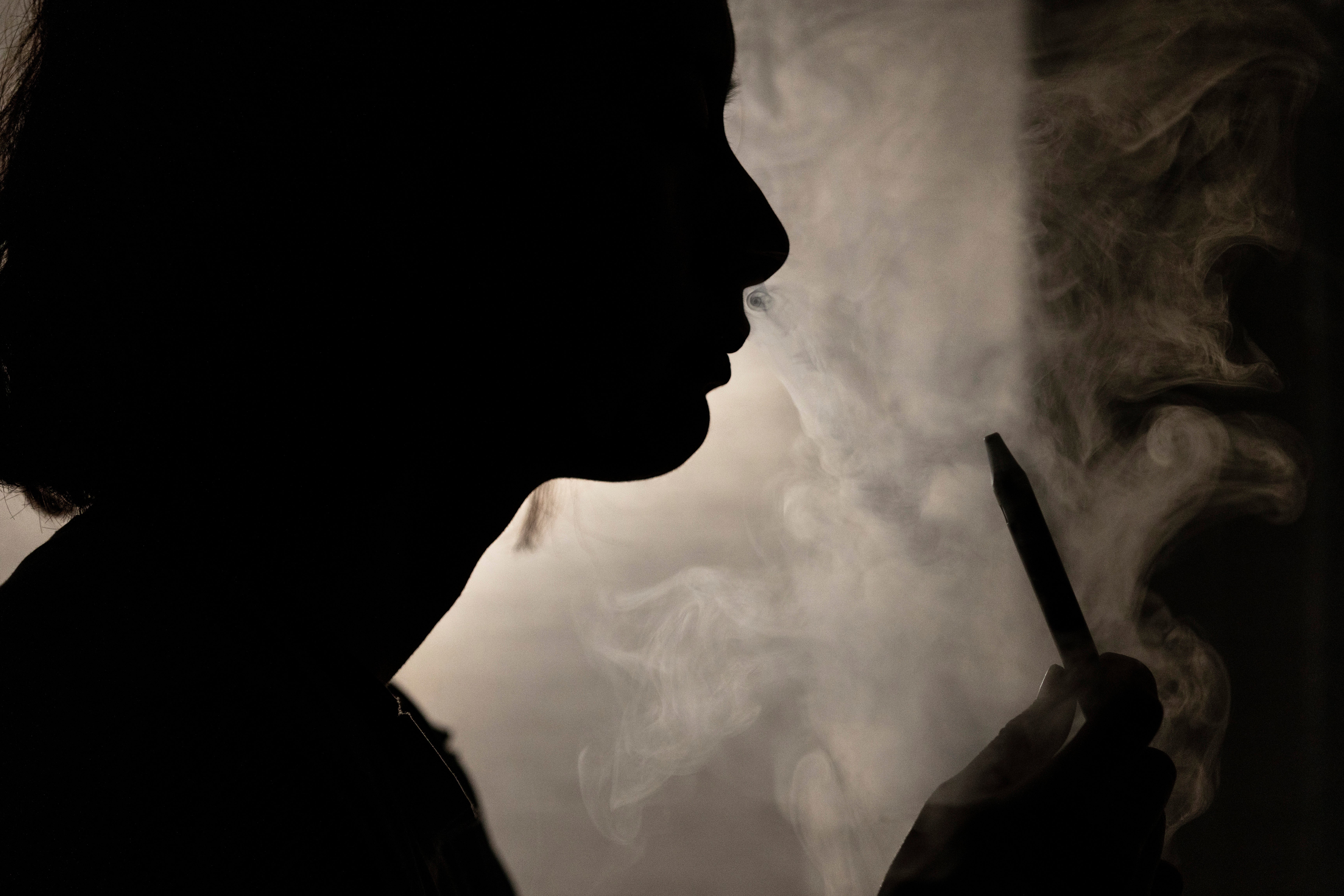Australian government cracks down on smoking and vaping
Australia’s tobacco tax will be increased by billions of dollars over the next four years as the government cracks down on smoking and vaping

Your support helps us to tell the story
From reproductive rights to climate change to Big Tech, The Independent is on the ground when the story is developing. Whether it's investigating the financials of Elon Musk's pro-Trump PAC or producing our latest documentary, 'The A Word', which shines a light on the American women fighting for reproductive rights, we know how important it is to parse out the facts from the messaging.
At such a critical moment in US history, we need reporters on the ground. Your donation allows us to keep sending journalists to speak to both sides of the story.
The Independent is trusted by Americans across the entire political spectrum. And unlike many other quality news outlets, we choose not to lock Americans out of our reporting and analysis with paywalls. We believe quality journalism should be available to everyone, paid for by those who can afford it.
Your support makes all the difference.Australia’s tobacco tax will be increased by billions of dollars over the next four years as the government cracks down on smoking and vaping.
Recreational vaping will be banned as the government seeks to prevent the next generation from becoming addicted to nicotine, Health Minister Mark Butler said Tuesday.
The tobacco tax would be raised by 5% a year starting from September, Butler said — a total increase of 3.3 billion Australian dollars ($2.2 billion) over four years. This follows an AU$234-million ($157-million) boost for tougher regulation of e-cigarettes, including new controls on their importation and packaging.
The government will work with the states and territories to shut down the sale of vapes in retail and convenience stores and make it easier to get a prescription for therapeutic use.
To tackle the growing black market, the government will increase the product standards for vapes, including by restricting flavors and colors. It will require pharmaceutical-like packaging, a reduction in the maximum allowed nicotine concentrations and volumes and a ban on single-use vapes.
Butler cited children under 4 reported to Victoria state’s poisons hotline after they used a vape to give an idea of the scale of the public health issue.
“This is a product targeted at our kids,” Butler said. “Vaping has become the No. 1 behavioral issue in high schools, and it’s becoming widespread in primary schools. This must end."
Butler said the hard-won gains in public health relating to the reduction in smoking could be undone by the “new threat.”
Steve Robson, president of the Australian Medical Association, the nation’s leading doctors group, backed the move. “We know the new young generation of Australians are being hooked on vapes and this is a great initiative,” he said.
Alcohol and Drug Foundation CEO Erin Lalor said most people vaping in Australia were using unregulated products, with no idea what was in them.
“Some people who vape, including young people, may be unknowingly consuming nicotine and have formed a dependence,” she said.
An AU$63-million ($42-million) public health campaign will be launched to discourage Australians from taking up vaping and encourage those who already have to quit. Support programs helping Australians quit vaping will be bolstered by an investment of AU$30 million ($20 million), and education among health practitioners about smoking and nicotine cessation will be strengthened. The government will commit a further AU$140 million ($94 million) for a program helping Indigenous people stop smoking, which will be expanded to include vaping.
Australia has one of the lowest smoking rates among the Organization for Economic Cooperation and Development countries, with 11.2% of Australians 15 and over smoking in 2019, according to government statistics.